
The Historical Heart of Istanbul: Sultanahmet
Sultanahmet, often referred to as the historical peninsula of Istanbul, is a treasure trove of cultural and architectural wonders. Home to some of the most iconic landmarks in Turkey, this neighborhood offers an immersive experience into the rich history and vibrant life of Istanbul. Walking through Sultanahmet, you will find yourself surrounded by breathtaking sites such as the Hagia Sophia, a marvel of Byzantine architecture, and the Blue Mosque, famous for its stunning blue tiles. These landmarks stand as a testament to the diverse cultural heritage that has shaped Istanbul over the centuries. In addition to its historical monuments, Sultanahmet also offers a variety of experiences for modern-day travelers. The area is dotted with charming cafes, bustling bazaars like the Grand Bazaar, and delightful restaurants where you can savor authentic Turkish cuisine. This blend of the old and the new makes Sultanahmet a must-visit destination for anyone exploring Istanbul.
Local tips in Sultanahmet
- Visit early in the morning to avoid crowds, especially at popular sites like the Hagia Sophia and Blue Mosque.
- Wear comfortable shoes as the area is best explored on foot, with many cobblestone streets and historical sites.
- Respect local customs, particularly when visiting religious sites; dress modestly and be prepared to remove your shoes.
- Take a guided tour to gain deeper insights into the rich history and significance of the landmarks.
- Don’t miss the chance to try traditional Turkish tea or coffee at one of the local cafes.
Iconic landmarks you can’t miss
Sultanahmet Square
Explore the vibrant Sultanahmet Square, where Istanbul's rich history and stunning architecture converge in a captivating cultural hub.
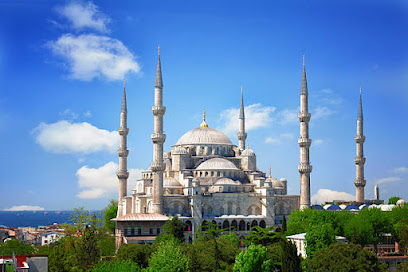
Fountain of Sultan Ahmed III
Explore the Fountain of Sultan Ahmed III, an exquisite historical landmark in Istanbul, showcasing stunning Ottoman architecture and rich cultural heritage.
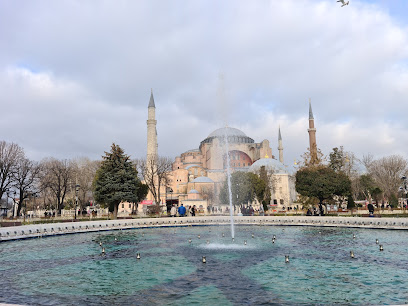
Sultan Ahmet Tomb
Explore the magnificent Sultan Ahmet Tomb, a serene historical landmark in Istanbul that reflects the grandeur of Ottoman architecture and heritage.
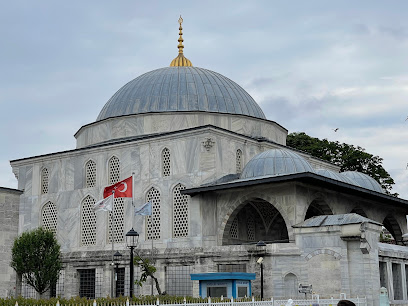
III. Ahmet Fountain
Explore the III. Ahmet Fountain, a stunning Ottoman-era landmark in Istanbul, showcasing exquisite architecture and rich historical significance.
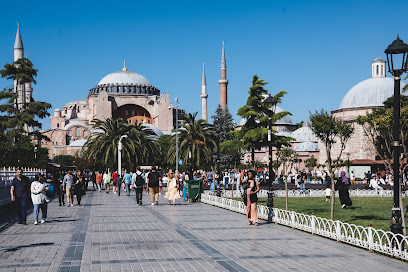
Talat Pasha Mansion
Explore the rich history and architectural beauty of Talat Pasha Mansion, a stunning historical attraction in the heart of Istanbul's Fatih district.
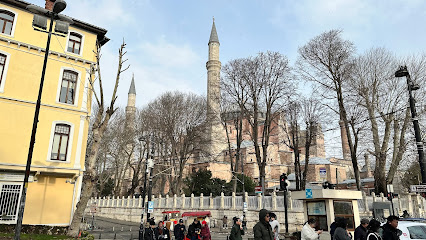
Blue Underground Modern City-Toilet
Discover the Blue Underground Modern City-Toilet in Istanbul: Where Art Meets Functionality in a Unique Urban Oasis.
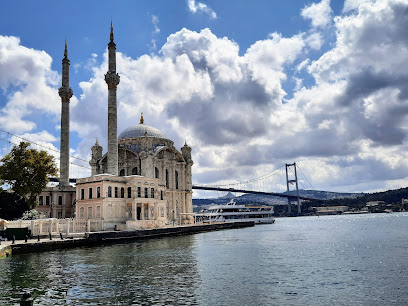
Eski İstanbul Evleri
Explore the enchanting Eski İstanbul Evleri, a historical landmark showcasing Ottoman architecture in the heart of Sultan Ahmet, Istanbul's cultural gem.
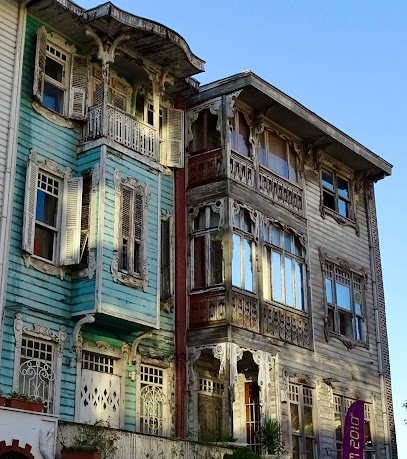
Gulhane Fountain
Discover the enchanting beauty of Gulhane Fountain in Istanbul, where history and tranquility merge in a picturesque setting.
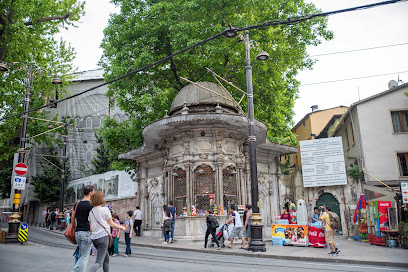
St. EUPHEMIA`S MARTYRION
Explore St. Euphemia's Martyrion, a hidden gem in Istanbul's historical landscape, and uncover the stories of past civilizations.
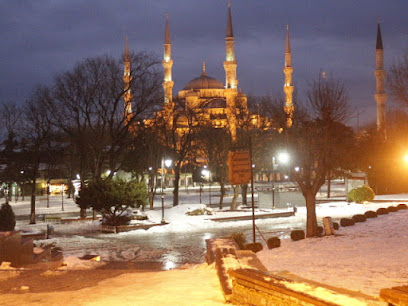
The Hollow Tree
Explore the Hollow Tree, a historical landmark in Istanbul, where nature meets culture in the heart of Sultan Ahmet, surrounded by iconic attractions.
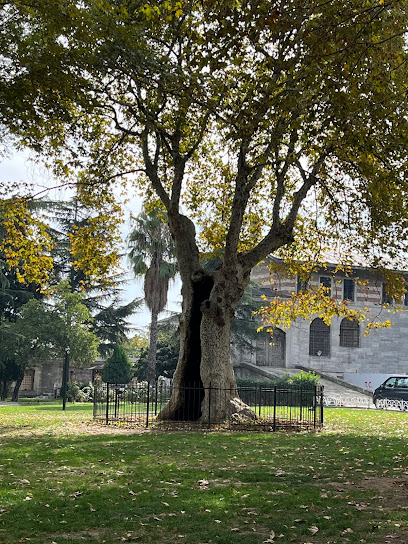
Unmissable attractions to see
Hagia Sophia Grand Mosque
Discover the awe-inspiring Hagia Sophia Grand Mosque, a unique blend of art, architecture, and history in the heart of Istanbul.
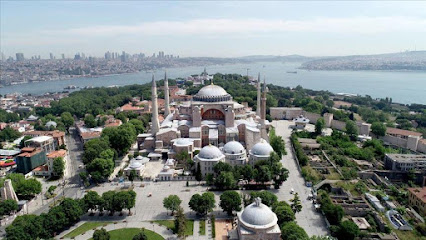
Topkapi Palace Museum
Discover the opulence of the Ottoman Empire at Topkapi Palace Museum, where history and culture come alive in Istanbul's iconic heritage site.
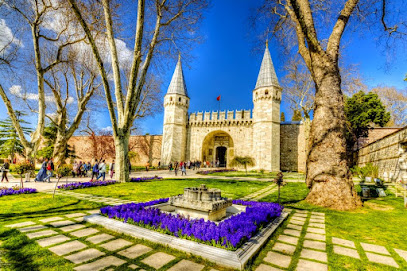
Sultanahmet Square
Explore the enchanting Sultanahmet Square, where Istanbul's rich history, stunning architecture, and vibrant culture converge in one iconic plaza.
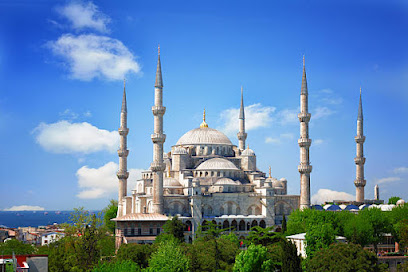
Sultan Ahmet Tomb
Explore the serene beauty and historical significance of Sultan Ahmet Tomb, a must-visit landmark in the heart of Istanbul, rich in Ottoman heritage.
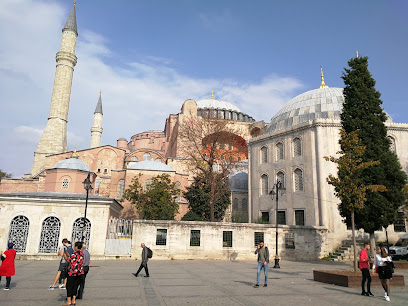
Rainbow stairs
Explore the Rainbow Stairs in Istanbul, a colorful tourist attraction that embodies creativity and community spirit amidst stunning historical architecture.
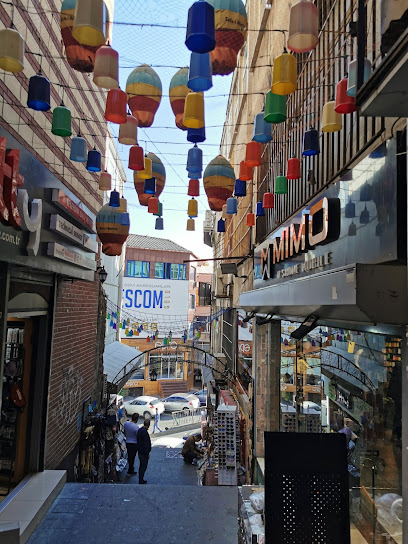
Essential places to dine
Divella Bistro Restaurant
Discover Divella Bistro in Fatih - A must-visit Turkish restaurant offering delicious barbecue, seafood, Italian cuisine & more amidst Istanbul's charm.
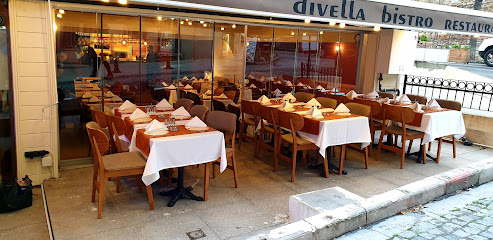
Deraliye
Discover the essence of Turkish cuisine at Deraliye Restaurant in Istanbul—where tradition meets flavor in every dish.
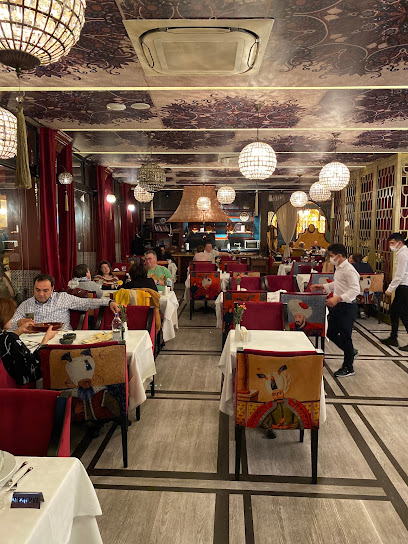
Otantik Restaurant
Discover authentic Turkish flavors at Otantik Restaurant in Istanbul's Fatih district - a must-visit culinary destination.
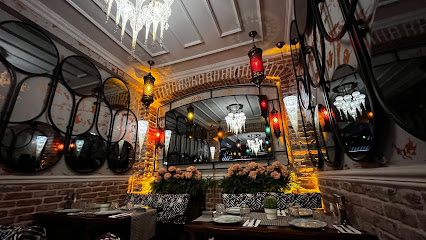
Turk Art Terrace Restaurant
Discover the exquisite flavors of Mediterranean and Turkish cuisine at Turk Art Terrace Restaurant in Istanbul's historic Fatih district.
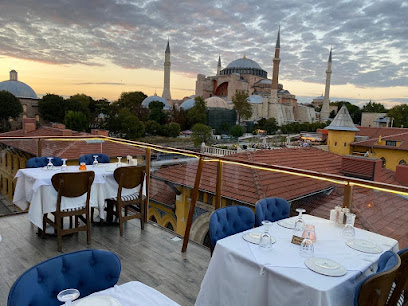
Adonin Restaurant
Experience authentic Turkish flavors at Adonin Restaurant in Istanbul - where tradition meets taste in every dish.
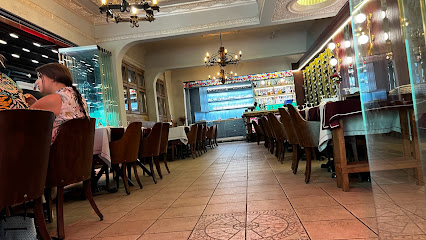
The Must Turkish Restaurant
Experience authentic Turkish cuisine at The Must Turkish Restaurant in Fatih, Istanbul—where tradition meets flavor in every dish.
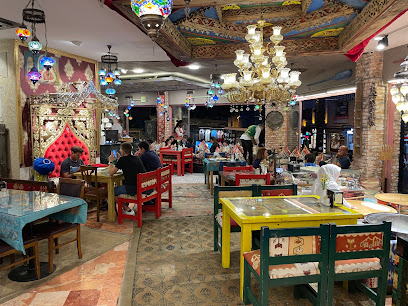
Deraliye Terrace | Sultanahmet Terrace Restaurant
Discover authentic Turkish cuisine with breathtaking views at Deraliye Terrace in Istanbul's historic Sultanahmet district.
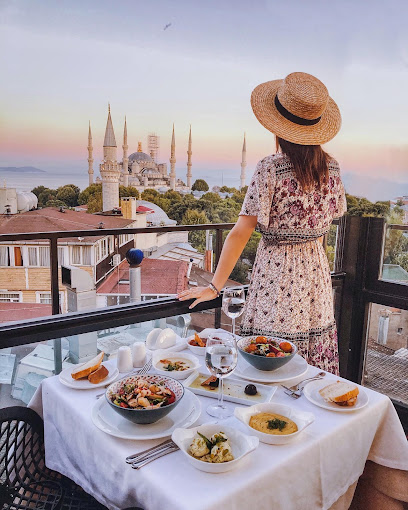
dubb Indian Restaurant (Sultanahmet)
Experience authentic Indian cuisine at Dubb Indian Restaurant in Sultanahmet, Istanbul - where flavor meets tradition.
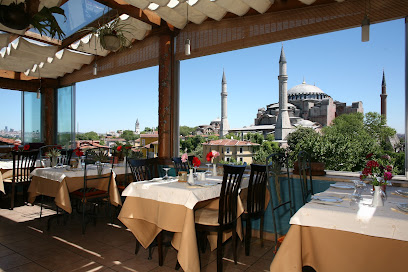
Fuego Cafe & Restaurant
Discover authentic Turkish flavors at Fuego Cafe & Restaurant in Istanbul's historic Fatih district, where every dish tells a story.
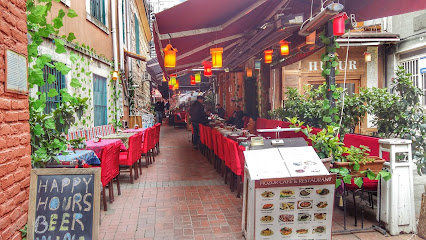
Basilica Restaurant
Experience authentic Turkish cuisine at Basilica Restaurant in Fatih - where every dish tells a story of Istanbul's rich culinary heritage.
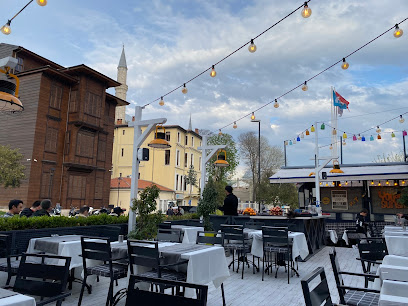
Markets, malls and hidden boutiques
Zakir Gallery
Explore Zakir Gallery, Istanbul's hidden gem for authentic Turkish souvenirs and unique handicrafts in the heart of Sultan Ahmet.
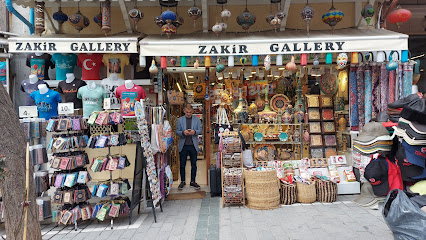
Hippodrome Store
Explore the Hippodrome Store in Istanbul for unique souvenirs and delightful novelties that embody the spirit of Turkish culture and history.
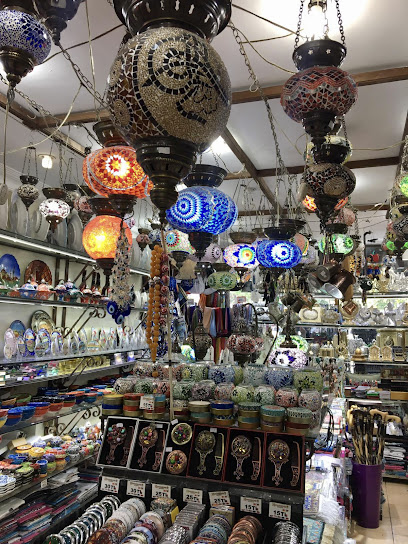
Noah's Ark Rugs & Souvenirs
Explore the vibrant world of Turkish craftsmanship at Noah's Ark Rugs & Souvenirs, your destination for authentic rugs and unique gifts in Istanbul.
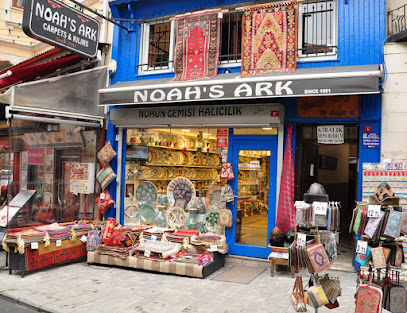
Kashif Boutique
Discover the charm of Turkish creativity at Kashif Boutique, your go-to shop for exquisite carpets and authentic souvenirs in Istanbul.
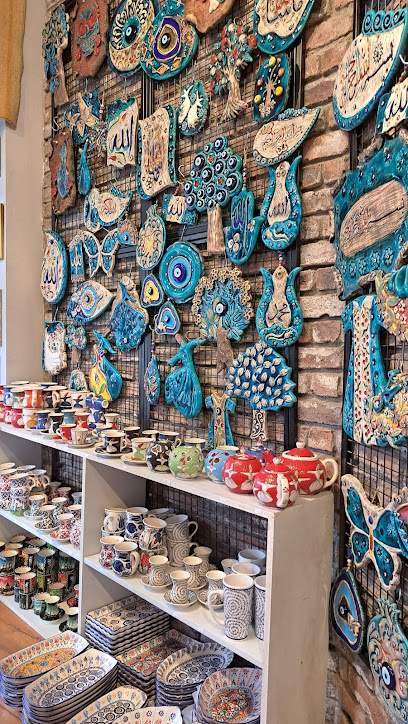
ISTANBLUE GIFT SHOP
Explore ISTANBLUE GIFT SHOP for unique Turkish souvenirs and crafts in the heart of Istanbul's historic Sultan Ahmet district.
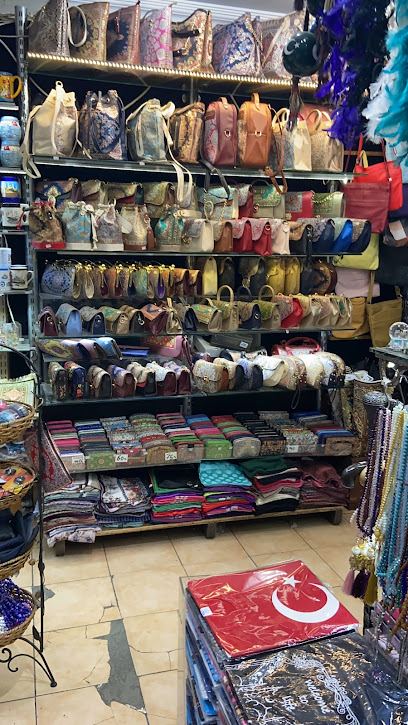
Sönmez A.S.
Discover unique Turkish gifts and authentic souvenirs at Sönmez A.S., the heart of Istanbul's vibrant shopping scene.
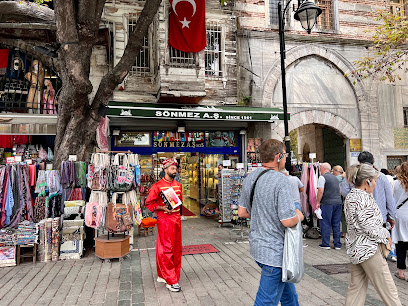
Arasta Gift
Discover the charm of Turkish craftsmanship at Arasta Gift Shop, offering unique souvenirs in the heart of Istanbul's historic Cankurtaran district.
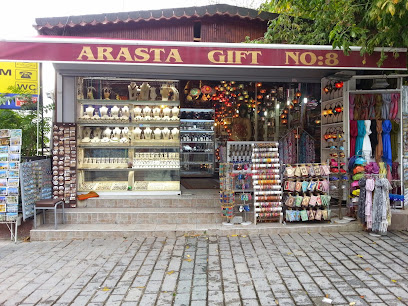
Saleh Ic ve Dis Ticaret
Explore the best of Istanbul's souvenirs at Saleh Ic ve Dis Ticaret, where tradition meets craftsmanship in the heart of Sultan Ahmet.

Unique Gift İstanbul
Explore Unique Gift İstanbul for authentic Turkish souvenirs and handmade treasures in the heart of Sultan Ahmet, Istanbul's cultural hub.
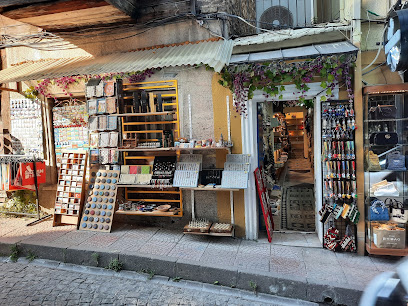
Olive Farm
Explore Olive Farm, an enchanting gift shop in Istanbul offering authentic Turkish artisanal products, from olive oils to handcrafted souvenirs.
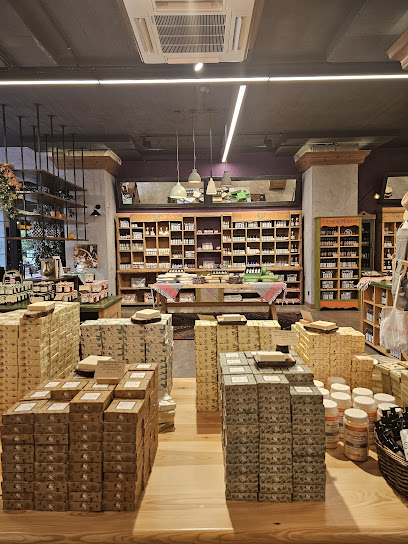
Essential bars & hidden hideouts
GRACE Rooftop Restaurant
Experience the best of Istanbul's culinary scene at GRACE Rooftop Restaurant, where stunning views and Mediterranean flavors come together.
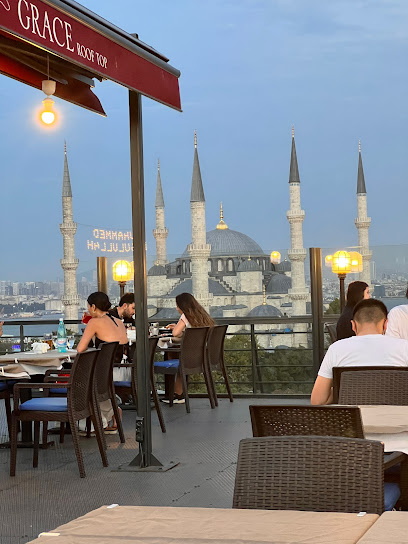
Loti Roof Lounge
Experience breathtaking views and exquisite cuisine at Loti Roof Lounge, a premier bar and sushi restaurant in the heart of Istanbul.
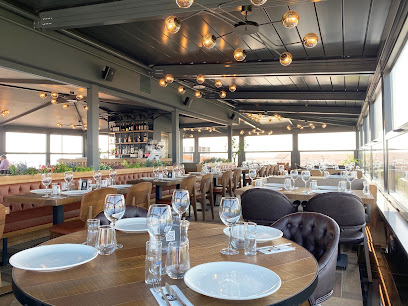
Queb Rooftop Restaurant
Experience stunning views and exquisite cuisine at Queb Rooftop Restaurant in Istanbul, a must-visit dining destination for every traveler.
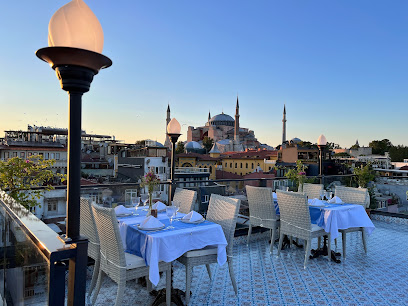
Red River Pub
Experience the vibrant atmosphere and delectable cuisine at Red River Pub, Istanbul's top-rated sports bar and restaurant in Fatih.
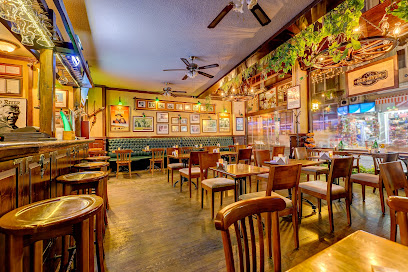
Rounders İrish Bar
Discover a vibrant Irish pub in Istanbul, where delicious food, refreshing drinks, and a lively atmosphere await every visitor.
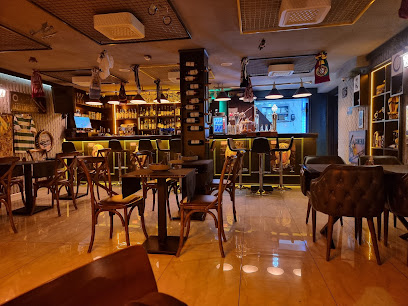
Just Bar
Discover the best of Istanbul's nightlife at Just Bar, where vibrant atmosphere meets exceptional drinks and friendly service.
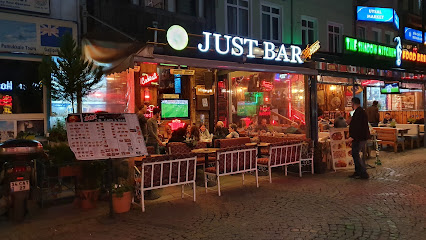
Istanbul Party Pub Crawl
Discover the heart of Istanbul's nightlife with the exciting Party Pub Crawl, where unforgettable experiences and vibrant venues await.
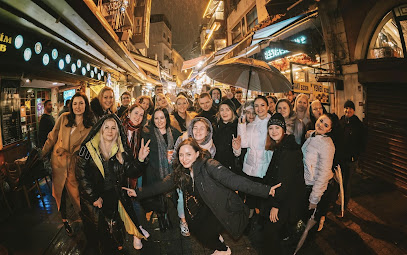
Salute Pub & Restaurant
Experience the vibrant flavors of Turkish and Mediterranean cuisine at Salute Pub & Restaurant in the heart of Istanbul's Fatih district.
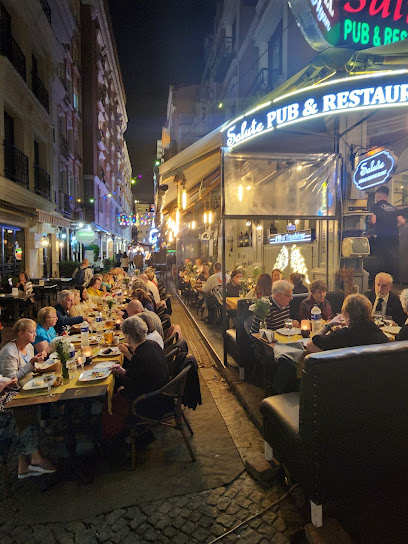
Süreyya Teras Lounge
Experience the elegance of Süreyya Teras Lounge, where stunning views and exquisite flavors create the perfect atmosphere for relaxation in Istanbul.
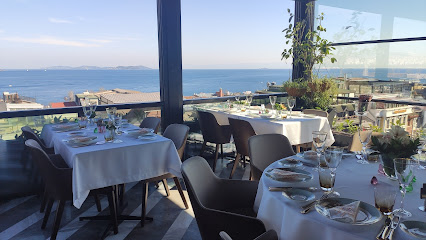
Sultan Pub & Cafe
Experience traditional Turkish hospitality at Sultan Pub & Cafe, a lively destination in the heart of Istanbul's Fatih district.
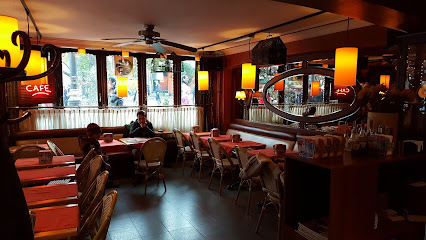
Local Phrases
-
- HelloMerhaba
[Mer-ha-ba] - GoodbyeHoşçakal
[Hosh-cha-kal] - YesEvet
[Eh-vet] - NoHayır
[Ha-yur] - Please/You're welcomeLütfen
[Loot-fen] - Thank youTeşekkür ederim
[Teh-sheh-koor eh-deh-reem] - Excuse me/SorryÖzür dilerim
[Oz-oor dee-leh-reem] - How are you?Nasılsınız?
[Nah-suhl-suh-nuhz] - Fine. And you?İyiyim. Siz?
[Ee-yee-yim. Sehz] - Do you speak English?İngilizce konuşuyor musunuz?
[Een-gee-leez-jeh koh-noo-shu-yor moos-oo-nooz] - I don't understandAnlamıyorum
[An-lah-muh-yor-um]
- HelloMerhaba
-
- I'd like to see the menu, pleaseMenüyü görmek istiyorum, lütfen
[Men-oo-yoo gur-mek is-tee-yor-um, loot-fen] - I don't eat meatBen et yemem
[Ben et ye-mem] - Cheers!Şerefe!
[Sheh-reh-feh] - I would like to pay, pleaseÖdemek istiyorum, lütfen
[Uh-deh-mek is-tee-yor-um, loot-fen]
- I'd like to see the menu, pleaseMenüyü görmek istiyorum, lütfen
-
- Help!Yardım edin!
[Yar-duhm eh-deen] - Go away!Uzaklaş!
[Oo-zahk-lash] - Call the Police!Polisi arayın!
[Poh-lee-see ah-rah-yun] - Call a doctor!Doktor çağırın!
[Dohk-tor chah-uh-ruhn] - I'm lostKayboldum
[Kai-bol-doom] - I'm illHastayım
[Hah-sta-yum]
- Help!Yardım edin!
-
- I'd like to buy...Satın almak istiyorum...
[Sa-tuhn al-mak is-tee-yor-um] - I'm just lookingSadece bakıyorum
[Sah-deh-jeh bah-kuh-yor-um] - How much is it?Kaç lira?
[Kach lee-rah] - That's too expensiveBu çok pahalı
[Boo chok pah-ha-luh] - Can you lower the price?Fiyatı indirebilir misiniz?
[Fee-yat-uh in-deh-reh-bee-leer mee-see-neez]
- I'd like to buy...Satın almak istiyorum...
-
- What time is it?Saat kaç?
[Saht kach] - It's one o'clockSaat bir
[Saht beer] - Half past (10)On buçuk
[On boo-chook] - MorningSabah
[Sah-bah] - AfternoonÖğleden sonra
[O-lay-den ah-so-nuh] - EveningAkşam
[Ahk-sham] - YesterdayDün
[Doon] - TodayBugün
[Boo-goon] - TomorrowYarın
[Yah-ruhn] - 1Bir
[Beer] - 2İki
[Ee-kee] - 3Üç
[Ooch] - 4Dört
[Durt] - 5Beş
[Besh] - 6Altı
[Al-tuh] - 7Yedi
[Yeh-dee] - 8Sekiz
[Seh-keez] - 9Dokuz
[Doh-kooz] - 10On
[On]
- What time is it?Saat kaç?
-
- Where's a/the...?Bir/... nerede?
[Beer/... neh-reh-deh] - What's the address?Adres ne?
[Ah-dress neh] - Can you show me (on the map)?Bana gösterebilir misiniz (haritada)?
[Bah-nah gur-steh-reh-bee-leer mee-see-neez (hah-ree-tah-dah)] - When's the next (bus)?Bir sonraki (otobüs) ne zaman?
[Beer son-rah-kee (oh-toe-boos) neh zah-man] - A ticket (to ....)Bir bilet (....'e)
[Beer bee-let (....'eh)]
- Where's a/the...?Bir/... nerede?
History of Sultanahmet
-
Sultanahmet's history is deeply intertwined with the Byzantine Empire, as it was the site of the ancient city of Byzantium, founded in 657 BC. In 330 AD, Emperor Constantine the Great transformed Byzantium into Constantinople, making it the capital of the Roman Empire. Sultanahmet became a hub of Christian religion and culture, with the construction of monumental structures such as the Hagia Sophia, which was completed in 537 AD and served as an Eastern Orthodox cathedral for nearly 1,000 years.
-
In 1453, Sultan Mehmed II conquered Constantinople, marking the end of the Byzantine Empire. Sultanahmet was at the heart of this transformation, with the Hagia Sophia converted into a mosque. The Ottomans built numerous mosques, palaces, and public buildings in the area, including the Blue Mosque (Sultan Ahmed Mosque) in the early 17th century, which exemplified the grandeur of Ottoman architecture and established the neighborhood as a center of Islamic culture.
-
During the 16th and 17th centuries, Sultanahmet flourished as the center of the Ottoman Empire. This period saw the construction of notable buildings such as the Topkapi Palace, which served as the administrative center and residence of the sultans. The neighborhood became a bustling area of trade, education, and artistic expression, with many scholars, poets, and artists contributing to the rich cultural tapestry of the empire.
-
The 19th century brought significant changes to Sultanahmet, as the Ottoman Empire began to modernize in response to internal and external pressures. This period saw the establishment of new institutions, including schools and hospitals, and the introduction of European architectural styles. Sultanahmet experienced a decline in its political significance but remained an important cultural and historical landmark, attracting tourists and scholars interested in its rich heritage.
-
In the late 20th and early 21st centuries, Sultanahmet has undergone extensive restoration efforts to preserve its historical sites. The neighborhood has been recognized as a UNESCO World Heritage Site, highlighting its importance as a cultural and historical center. Today, Sultanahmet serves as a major tourist destination, with millions visiting landmarks such as the Hagia Sophia, Blue Mosque, and the Hippodrome of Constantinople, all of which showcase the area's layered history and cultural significance.
Sultanahmet Essentials
-
Sultanahmet is conveniently located in the heart of Istanbul and is easily accessible from various neighborhoods. The most straightforward way to reach Sultanahmet is via the tram system. The T1 tram line connects to key areas such as Taksim and Kabatas. You can also take the Metro to the Zeytinburnu station and transfer to the tram. For those coming from the Asian side, ferries operate from Kadikoy to Eminonu, and from there, it's a short walk or tram ride to Sultanahmet. Taxis and rideshare services are also available, but be aware of potential traffic congestion.
-
Sultanahmet is a walkable neighborhood with many attractions located close to each other, including the Hagia Sophia, Blue Mosque, and Topkapi Palace. For longer distances, the tram is available, and there are numerous taxi stands throughout the area. Bicycles can be rented from local vendors, although cycling is not as common due to pedestrian traffic. Walking is often the best way to soak in the historic atmosphere and hidden gems of Sultanahmet.
-
Sultanahmet is generally safe for tourists, but standard precautions should always be taken. Be cautious of pickpockets in crowded areas, especially near major attractions. Avoid isolated areas at night. While there are no specific high-crime zones within Sultanahmet, it’s advisable to be vigilant in areas frequented by tourists, particularly around public transportation hubs.
-
In case of emergency, dial 112 for medical assistance, 155 for police, or 110 for fire services. There are hospitals and clinics available in Sultanahmet and nearby neighborhoods. It's advisable to carry a copy of your passport and any relevant travel insurance information. For minor health issues, local pharmacies can provide over-the-counter medications.
-
Fashion: Do wear modest clothing, especially when visiting religious sites like the Blue Mosque. Avoid shorts and sleeveless tops. Religion: Do respect local customs; remove shoes when entering mosques and cover your head if required. Public Transport: Do be courteous and give up your seat to the elderly. Don't eat or drink on public transport. Greetings: Do greet locals with a friendly 'Merhaba' (Hello). Don't be overly familiar unless invited. Eating & Drinking: Do enjoy local cuisine and try street food. Don't engage in excessive drinking in public spaces.
-
To experience Sultanahmet like a local, visit the local cafes and tea houses, particularly the ones around Sultanahmet Square. Try traditional Turkish breakfast or enjoy a cup of çay (tea). Engage with shopkeepers in the Grand Bazaar for a more authentic bargaining experience. Attend a local mosque for evening prayers to witness the community's religious practices. For a unique cultural experience, consider joining a local cooking class to learn about Turkish cuisine.
Nearby Cities to Sultanahmet
-
Things To Do in Bursa
-
Things To Do in Burgas
-
Things To Do in Canakkale
-
Things To Do in Varna
-
Things To Do in Alexandroupoli
-
Things To Do in Shumen
-
Things To Do in Haskovo
-
Things To Do in Stara Zagora
-
Things To Do in Izmir
-
Things To Do in Pamukkale
-
Things To Do in Ankara
-
Things To Do in Constanta
-
Things To Do in Gabrovo
-
Things To Do in Ephesus
-
Things To Do in Kusadasi



